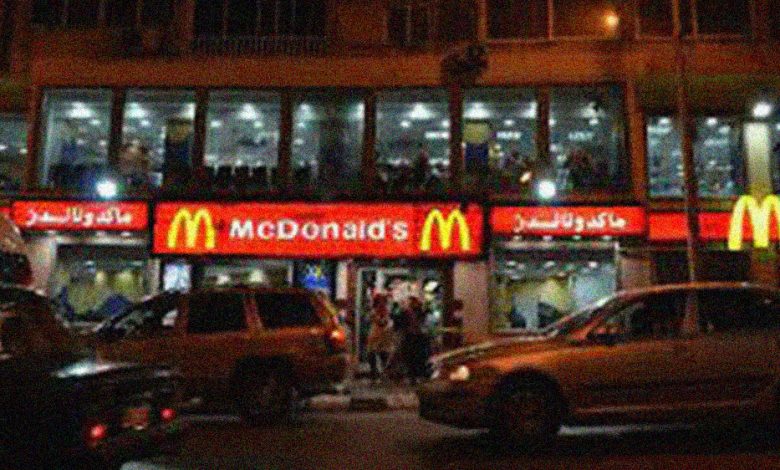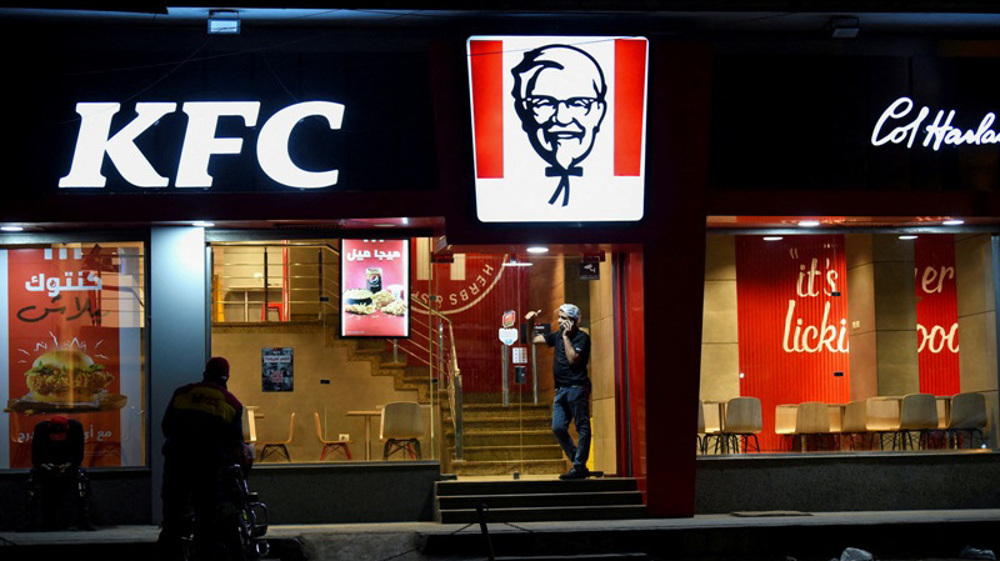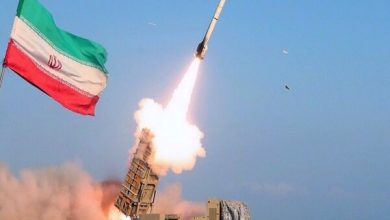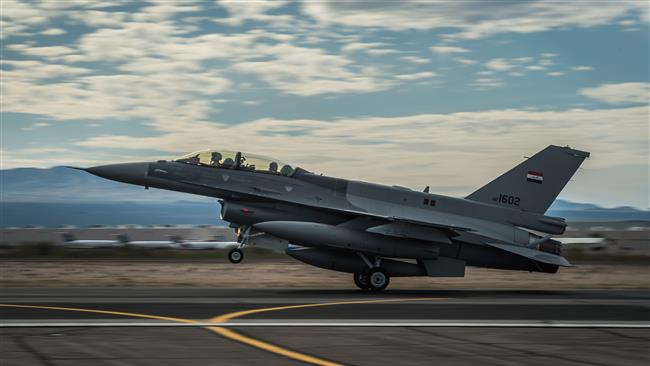McDonald’s admits financial loss due to global anti-Israel boycott

The CEO of McDonald’s Chris Kempczinski has admitted that the world’s largest burger chain is facing significant financial losses due to the international anti-Israel boycott movement over the firm’s links to the Zionist regime amid its genocidal campaign in the Gaza Strip.
“Several markets in the Middle East and some outside the region are experiencing a meaningful business impact due to the war … affecting brands like McDonald’s,” Kempczinski wrote on a blog posted on LinkedIn and reported by media on Thursday.
The big burger chain is one of several multinational corporations to be feeling the effects of international boycotts in the wake of Israel’s savage campaign in Gaza which started after the regime was caught off-guard by the surprise Palestinian Operation Al-Aqsa Storm on October 7.
The boycott campaign against Israeli goods started to gain momentum afterward in Egypt, Jordan and Turkey, significantly hitting Western fast-food giants such as McDonald’s, Starbucks, and KFC.
The top chains have become the target of the boycotts over their perceived pro-Israel stance and alleged financial ties to the regime. Some Western brands have felt the impact of boycotts in Egypt and Jordan that have now caught on in some countries outside the Arab region, including Muslim-majority Malaysia.
In the LinkedIn post, which was part of a New Year update on McDonald’s franchise operations as the firm rewrites its future plan for 2024, Kempczinski described the company’s loss to investors as “disheartening.”
He expressed disappointment over the negative impact of the boycotts on business revenue.
“In every country where we operate, including in Muslim countries, McDonald’s is proudly represented by local owner operators who work tirelessly to serve and support their communities while employing thousands of their fellow citizens. That local community connection is the genius of the McDonald’s system.”
A boycott campaign against Israeli products over the war in Gaza has severely affected Western fast-food giants.
The current boycott campaign could be considered the latest part of the pro-Palestine Boycott, Divestment and Sanctions (BDS) movement against the Israeli regime. The BDS, which is modeled after the anti-Apartheid movement in South Africa, was initiated in 2005 by over 170 Palestinian organizations that were pushing for “various forms of boycott against Israel until it meets its obligations under international law.”
Thousands of volunteers worldwide have since joined the BDS movement, which calls for people and groups across the world to cut economic, cultural, and academic ties to Tel Aviv to help promote the Palestinian cause. The movement has been so successful in causing economic damage to the regime pro-Israel groups have labeled “an existential threat.”
McDonald’s and other affected companies are looking for a solution to maintain a balance of global operations amid shifting political landscapes.





